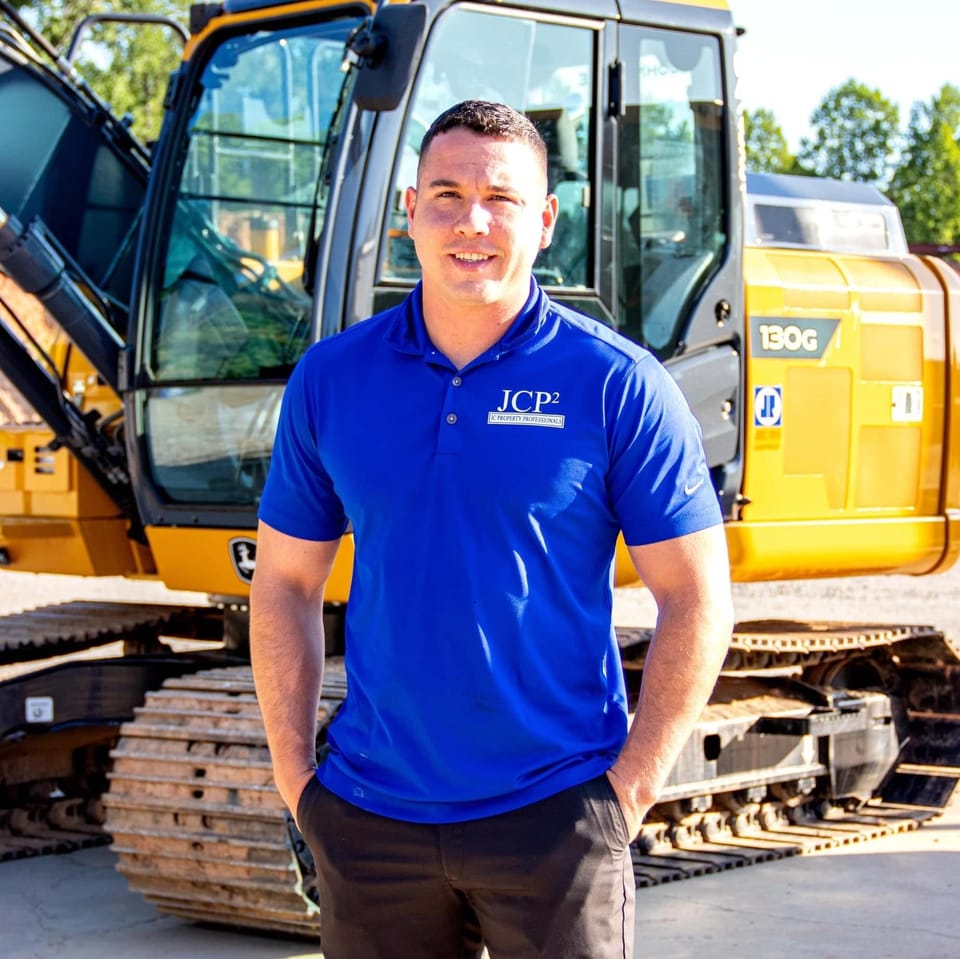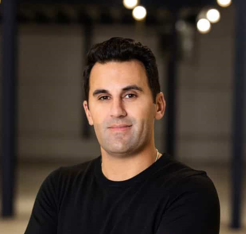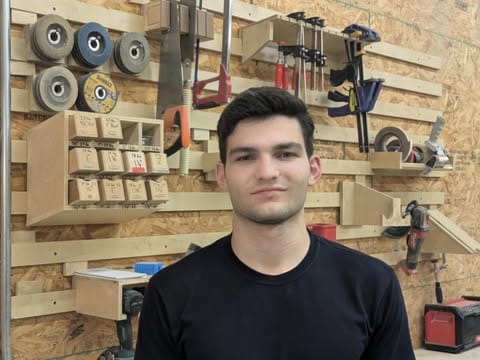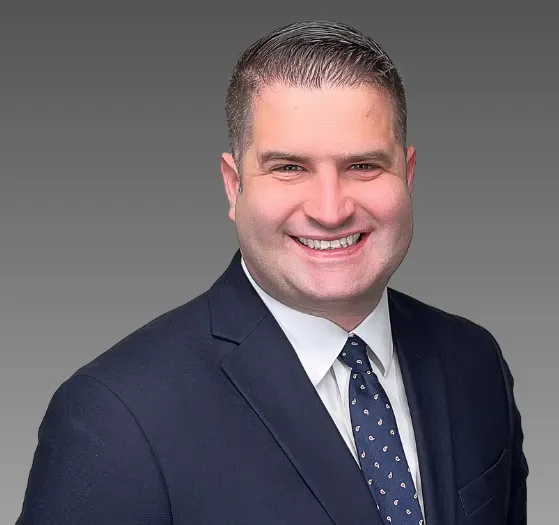The biggest mistake contractors make (and how to avoid it)

Building a successful and sustainable business is every contractor’s goal, but getting there isn’t always easy, especially with economic issues swirling around. It's something contractor and coach John Seaman has a lot of experience with. The owner of JC Property Professionals and Dirt to Dollars Coaching offers insights for scaling your business, managing client pushback on price and getting through slow times.
—Interview by Margot Lester, edited by Bianca Prieto
What’s the most common mistake you see contractors make?
Most businesses actually go out of business from growing too quickly, losing what systems and processes they may have in place at a smaller scale. Instead, work on a system every single day, even if it’s only 10 minutes a day. A great business is simply great people operating off a simple set of systems. If we can keep making the systems and processes better, our business gets better.
How do you make sure you stay busy when things slow down?
At JCP, we don’t experience a “slow season” because we have worked really hard to diversify our lead flow—residential, commercial, state and government work, insurance work, etc. A lot of those types of work, other than residential, they don’t or can’t stop projects at any point, so we continue to work. You can also pivot to cold-weather types of work like hardscape, snow removal, weatherproofing, etc.
And how can we start cultivating connections in those new areas?
People want to work with someone they know and can trust. Shake as many hands as possible. Sit in at all town hall meetings. Go to DOT pre-bids for government work.
What’s the most important business lesson you’ve learned?
Work for the right folks. Some folks don’t care about you, your business, your family or your employees. I have worked for some really terrible people before, who I feel like will be glad to put you out of business as long as they can get everything possible from you. The best customers want a fair value exchange in what a project costs and what they get from it. We always ask during a qualifying call, “What’s the most important thing for you during this project?” and if price is it, we aren’t the right fit.
How do you handle that price sensitivity?
Trades are expensive and often more expensive than most folks are aware. I feel like it’s our job as business owners to always be educating. I also feel like it’s the absolute best business practice to always be there for customers, no matter if they can afford you or not. So when a customer calls and you discuss the project and scope, it’s best to educate them on how the process is done, what the different options and prices are and how to best move forward—even if that isn’t with your business. This practice has served me very well because no matter what, I’m truly helping my prospective client and they are appreciative and become a cheerleader for my business.
And if we feel too stretched to turn down work?
It’s a real tough spot. I’ve been there and what I can say is that every single time that I’ve felt like that, I wished I hadn’t done the job when it was over with. Some of the best money you can make is turning down work. Sometimes you feel like you need to make the money but will lose the money trying to make someone happy.
Thanks for reading today's edition! You can reach the newsletter team at thelevel@mynewsletter.co. We enjoy hearing from you.
Interested in advertising? Email us at newslettersales@mvfglobal.com
Was this email forwarded to you? Sign up here to get this newsletter once a week.
The Level is curated and written by Margot Lester and edited by Bianca Prieto.





